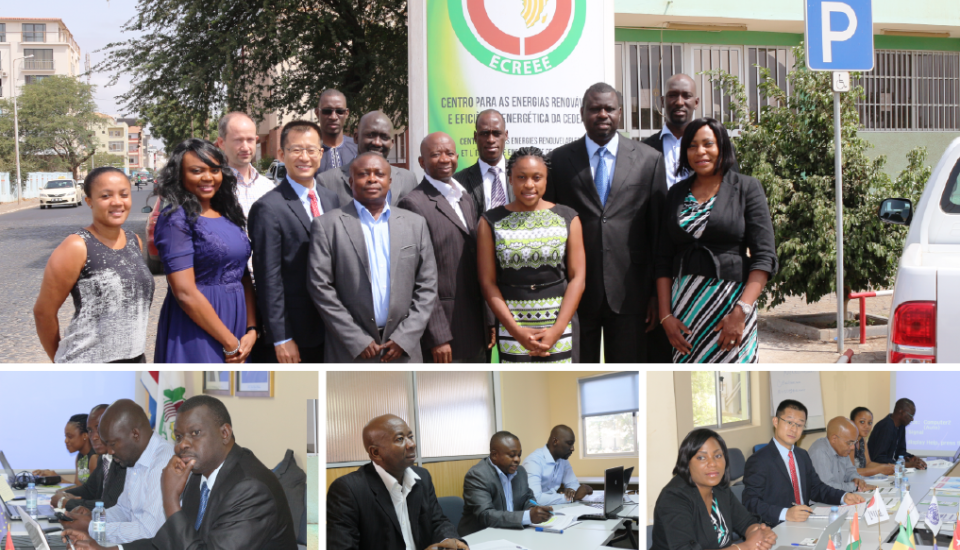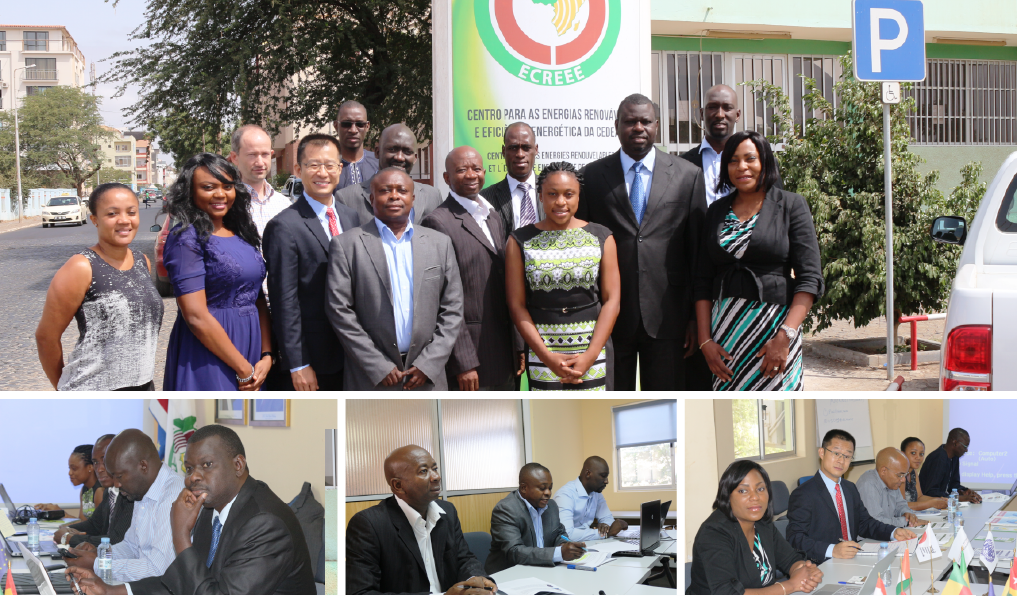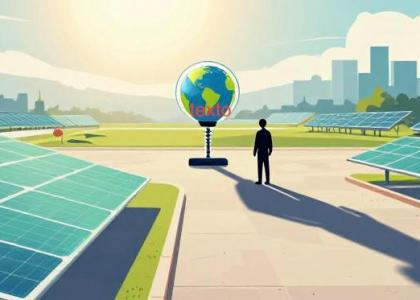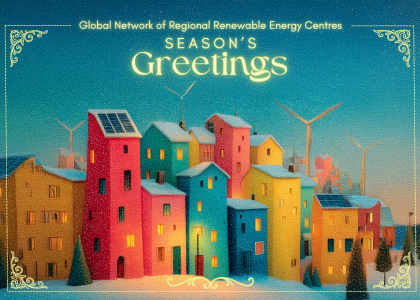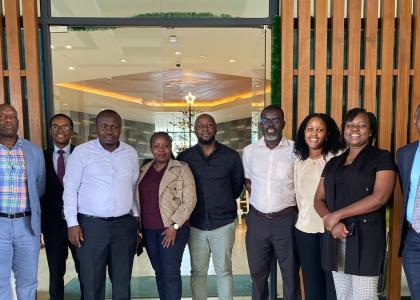The ECOWAS region is one of the most vulnerable regions in the world to the impacts of climate change. Changes in climate have caused impacts on natural and human systems and all development sectors in the region.
Droughts, natural resource degradation, floods, reduced agricultural productivity, coastal land erosion and salinization of coastal lands are some of the impacts of climate change evidenced in the ECOWAS region.
To reduce the impact of climate Change, ECOWAS countries need long-term stable and scaled up support to achieve a paradigm shift towards a low carbon and climate resilient development.
Reducing vulnerability and improving resilience to climate change impacts in the ECOWAS region requires not only robust infrastructure but strong functioning Energy systems.
It is within this context that ECREEE organized a 3 day Inception and Strategy meeting to see how it can advance low carbon development in the ECOWAS region.
The 3-day meeting took place from the 7th to 9th of July 2015 at the ECREEE secretariat in Praia Cabo Verde and featured the participation of key experts and climate change intelligentsias from across the region and from strategic institutions.
The strategy meeting provided a platform for experts to deliberate on how ECREEE can establish a regional coordination and support framework that will enhance the response of ECOWAS countries to address the interrelated challenges of energy access; energy security and climate change simultaneously. The regional climate change mitigation programme –ECCMP, proposed by ECREEE intends to build the capacities and readiness of countries in the ECOWAS region to access opportunities for climate finance and advance renewable energy and energy efficiency projects in the region.
The meeting was also organized in part to raise the level of commitment of ECREEE to undertake Climate change activities as a core aspect of its mission in order to achieve the sustainable development goals of the region.
The strategy meeting also sort to build momentum towards the United Nations Framework Convention on Climate Change (UNFCCC) twenty first Conference of Parties (COP 21), scheduled to hold in December in Paris where a universal, legally binding agreement to combat climate change is expected to be agreed upon.
One major outcome of the meeting is that ECREEEs approach to Climate Change is a “no regrets approach” and that a regional coordination framework is required as a lot still needs to be done to tackle Climate Change in the ECOWAS region.

